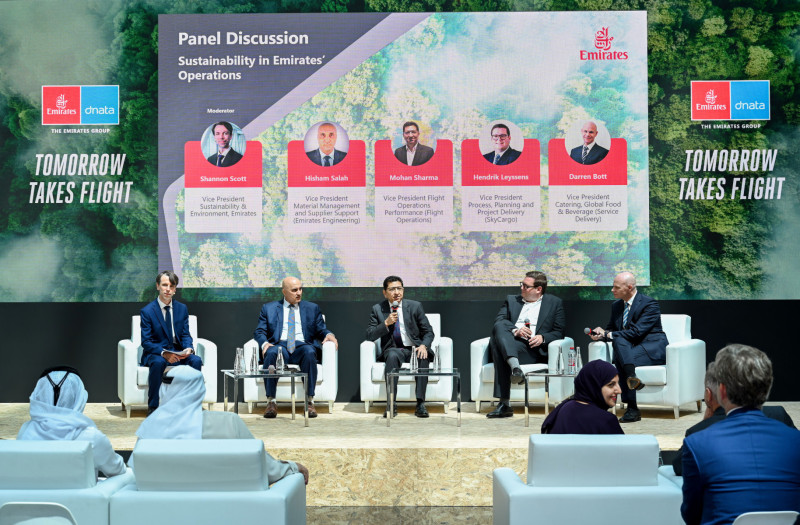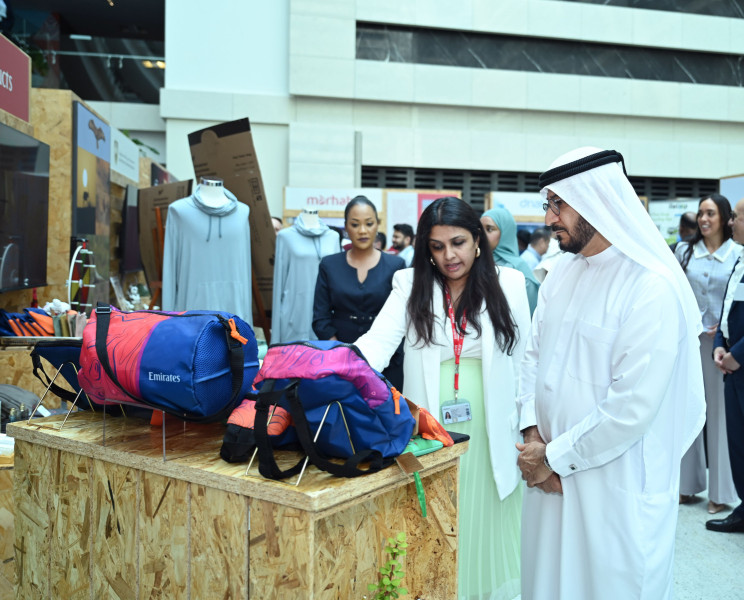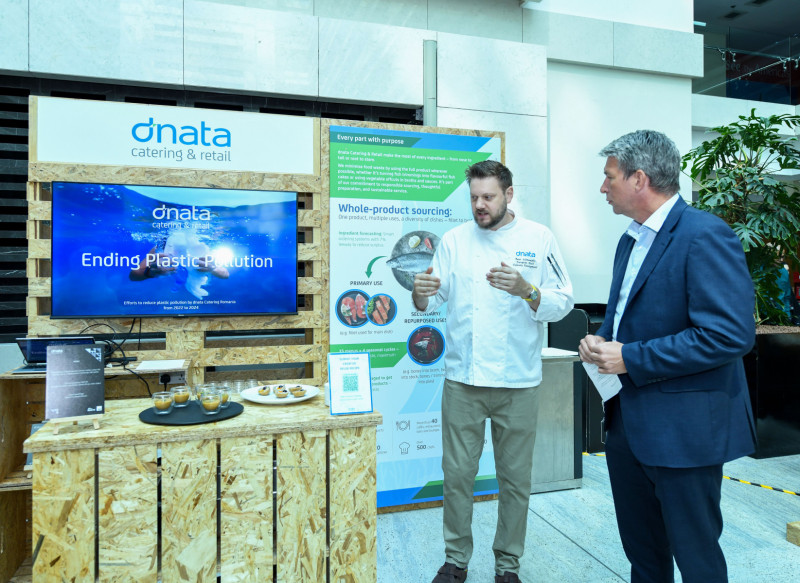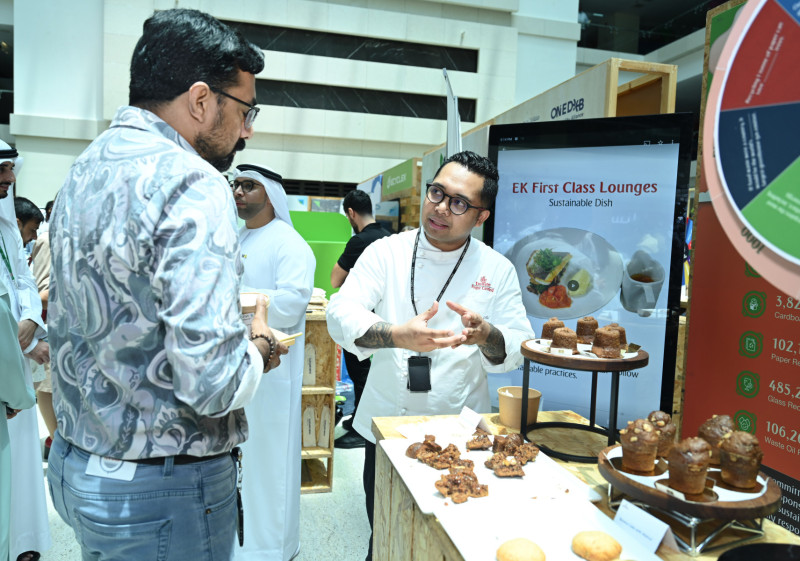British Airways (BA) has announced its expansive 2026 summer schedule, signaling a major boost in capacity across its long-haul network. Key destinations such as Bangkok (BKK), Miami (MIA), and Kingston (KIN) will see additional flights, enhancing travel flexibility for both leisure and business passengers during the next travel season.
Operating from London Heathrow (LHR) and London Gatwick (LGW), BA plans to increase frequencies across North America, the Caribbean, the Middle East, and Southeast Asia, responding to heightened traveller demand.
The standout addition is the reinstatement of year-round flights from London Gatwick to Bangkok. Previously limited to winter operations, the route will now run three times weekly throughout summer and ramp up to six times weekly in winter. This expansion adds nearly 60,000 seats annually and taps into growing interest in Southeast Asia. Thanks to an expanded codeshare agreement with Bangkok Airways (PG), passengers can easily connect onward to popular destinations like Phuket (HKT) and Phnom Penh (PNH).
In the Caribbean, British Airways is enhancing its connection to Jamaica, increasing flights from London Gatwick to Kingston by one weekly service — now totaling four flights per week. This expansion supports the Jamaica Tourist Board’s forecast of five million arrivals by March 2026 and adds over 300 seats weekly, solidifying BA’s role as the UK’s longest-serving carrier in the region.
U.S. destinations will also benefit from BA’s network growth. Miami will return to double-daily flights from Heathrow, while Dallas/Fort Worth regains a daily service. Las Vegas frequencies will jump from 10 to 13 weekly flights, and flights to San Diego and Austin will double to 14 weekly, further strengthening comprehensive U.S. coverage.
A key strategic move involves concentrating all New York John F. Kennedy (JFK) flights at Heathrow, with nine daily services planned. Passengers on the newest route variant will enjoy travel aboard a Boeing 777-200 equipped with premium First and Club Suite cabins, underscoring BA’s commitment to luxury and comfort on its flagship transatlantic corridors. Centralizing JFK flights at Heathrow also facilitates smoother connections onward to Europe and Asia.
British Airways is also scaling up its Middle East presence. Flights to Bahrain will increase to daily from Heathrow, more than doubling frequency. Saudi Arabian routes will see growth, with Jeddah expanding to five weekly flights and Riyadh rising to 14 per week. Doha services will likewise increase to 14 weekly flights, improving travel options for passengers traveling for both business and leisure in Qatar.
Beyond long-haul markets, BA Euroflyer, British Airways’ Gatwick-based short-haul subsidiary, continues to expand its footprint. Since 2025, year-round services to Rabat (RBA) in Morocco and Graz (GRZ) in Austria have been introduced, offering travelers more city break and cultural destination choices across Europe. These additions align with the broader BA strategy to enhance regional connectivity.
Neil Chernoff, British Airways’ Chief Planning and Strategy Officer, highlighted that the 2026 summer expansion demonstrates the airline’s dedication to responding to evolving passenger needs. He noted that the increased schedule “provides greater choice and convenience for all travelers, whether for business, leisure, or family visits.”
Serving more than 200 destinations in over 65 countries, British Airways continues to operate one of the world’s largest and most connected networks from its London hubs including Heathrow, Gatwick, and London City. Recent network additions in 2025, such as Tbilisi in Georgia and Kuala Lumpur in Malaysia, further solidify its global reach.
With this robust summer schedule, British Airways aims to meet rising travel demand while reinforcing its position as the leading UK flag carrier offering unparalleled connectivity around the world.
Operating from London Heathrow (LHR) and London Gatwick (LGW), BA plans to increase frequencies across North America, the Caribbean, the Middle East, and Southeast Asia, responding to heightened traveller demand.
The standout addition is the reinstatement of year-round flights from London Gatwick to Bangkok. Previously limited to winter operations, the route will now run three times weekly throughout summer and ramp up to six times weekly in winter. This expansion adds nearly 60,000 seats annually and taps into growing interest in Southeast Asia. Thanks to an expanded codeshare agreement with Bangkok Airways (PG), passengers can easily connect onward to popular destinations like Phuket (HKT) and Phnom Penh (PNH).
In the Caribbean, British Airways is enhancing its connection to Jamaica, increasing flights from London Gatwick to Kingston by one weekly service — now totaling four flights per week. This expansion supports the Jamaica Tourist Board’s forecast of five million arrivals by March 2026 and adds over 300 seats weekly, solidifying BA’s role as the UK’s longest-serving carrier in the region.
U.S. destinations will also benefit from BA’s network growth. Miami will return to double-daily flights from Heathrow, while Dallas/Fort Worth regains a daily service. Las Vegas frequencies will jump from 10 to 13 weekly flights, and flights to San Diego and Austin will double to 14 weekly, further strengthening comprehensive U.S. coverage.
A key strategic move involves concentrating all New York John F. Kennedy (JFK) flights at Heathrow, with nine daily services planned. Passengers on the newest route variant will enjoy travel aboard a Boeing 777-200 equipped with premium First and Club Suite cabins, underscoring BA’s commitment to luxury and comfort on its flagship transatlantic corridors. Centralizing JFK flights at Heathrow also facilitates smoother connections onward to Europe and Asia.
British Airways is also scaling up its Middle East presence. Flights to Bahrain will increase to daily from Heathrow, more than doubling frequency. Saudi Arabian routes will see growth, with Jeddah expanding to five weekly flights and Riyadh rising to 14 per week. Doha services will likewise increase to 14 weekly flights, improving travel options for passengers traveling for both business and leisure in Qatar.
Beyond long-haul markets, BA Euroflyer, British Airways’ Gatwick-based short-haul subsidiary, continues to expand its footprint. Since 2025, year-round services to Rabat (RBA) in Morocco and Graz (GRZ) in Austria have been introduced, offering travelers more city break and cultural destination choices across Europe. These additions align with the broader BA strategy to enhance regional connectivity.
Neil Chernoff, British Airways’ Chief Planning and Strategy Officer, highlighted that the 2026 summer expansion demonstrates the airline’s dedication to responding to evolving passenger needs. He noted that the increased schedule “provides greater choice and convenience for all travelers, whether for business, leisure, or family visits.”
Serving more than 200 destinations in over 65 countries, British Airways continues to operate one of the world’s largest and most connected networks from its London hubs including Heathrow, Gatwick, and London City. Recent network additions in 2025, such as Tbilisi in Georgia and Kuala Lumpur in Malaysia, further solidify its global reach.
With this robust summer schedule, British Airways aims to meet rising travel demand while reinforcing its position as the leading UK flag carrier offering unparalleled connectivity around the world.







.jpg)


.jpg)
 (1).jpg)
.jpg)
 (1).jpg)
.jpg)
 (1).jpg)


 (1).jpg)
.jpg)
.jpg)
.jpg)

 (1).jpg)
.jpg)
.jpg)
.jpg)
.jpg)

.jpg)
.jpg)
.jpg)
 (1).jpg)


.jpg)
.jpg)

.jpg)


.jpg)
.jpg)
.png)
.jpg)

.jpg)
.jpg)
.jpg)
.jpg)

.jpg)
.jpg)
.jpg)
.jpg)
 (1).jpg)
.png)
.jpg)
.jpg)